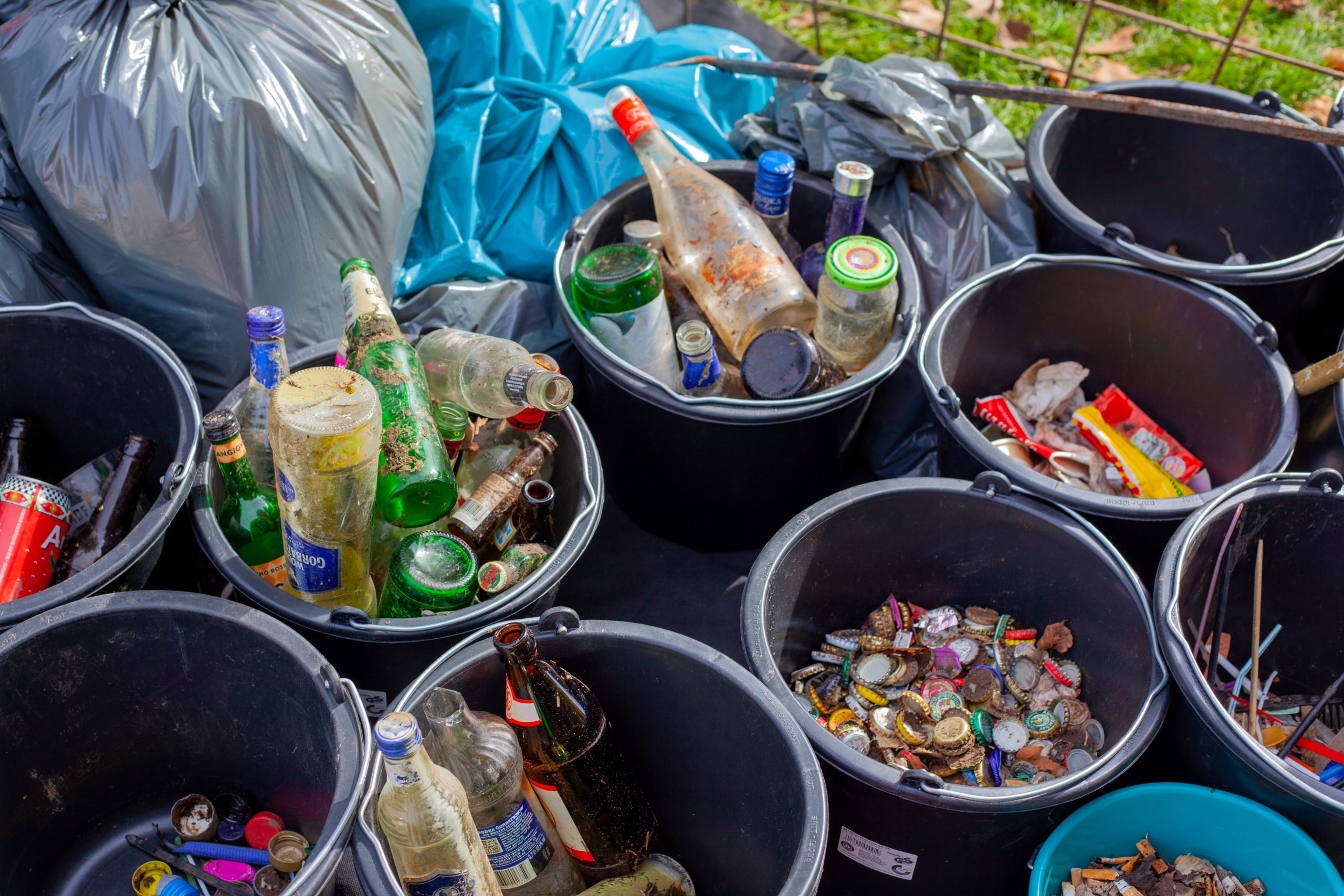Silicon Valley has become synonymous with cutting edge technology, and is the premier startup capital of the world. No other place in the world has created so much wealth in such a short period of time. Startups have become a key economic growth engine so policymakers around the world are focusing on developing their own startup ecosystems. What makes for a thriving startup ecosystem? How are Asian cities on track to become global centres of entrepreneurship and innovation?
A startup ecosystem consists of startup companies, at various stages across various industries, integrated, in the same location, to create and scale new companies.
A thriving startup ecosystem consists of the following:
- Knowledgeable people across multiple sectors (Talent pool)
- A consumer class
- A culture of innovation
- Access to capital (networks of investors)
Today, 6 of the 11 top startup ecosystems in the world are in Asia, including Singapore, Bangalore, Beijing and Tokyo among many others. As Sam Altman, former president of Y Combinator, said — “Instead of one new center or two new centres of entrepreneurship besides Silicon Valley, there will be 30”. In this article, you will see why you need to pay very close attention to the Asian markets, if you are aspiring to build a scalable business, and or want to be part of the next wave of global innovation.
Having a central location where qualified and talented people gather is crucial to creating an ecosystem that breeds innovative startups, with the hope that a few of which can go on to become international behemoths. Asia houses numerous tech and innovation hubs, which holds a very promising future for entrepreneurs looking to create high-growth companies. Here are a few key centres:
Singapore
Google, Facebook, Amazon and Salesforce are just a few of the international companies who have set up their regional headquarters, substantial operations and R&D centres in the city-state. This can be attributed to multiple factors, most importantly a very business-friendly environment, a strong talent pool and an ideal geographical location, given its proximity to emerging markets in Southeast Asia.
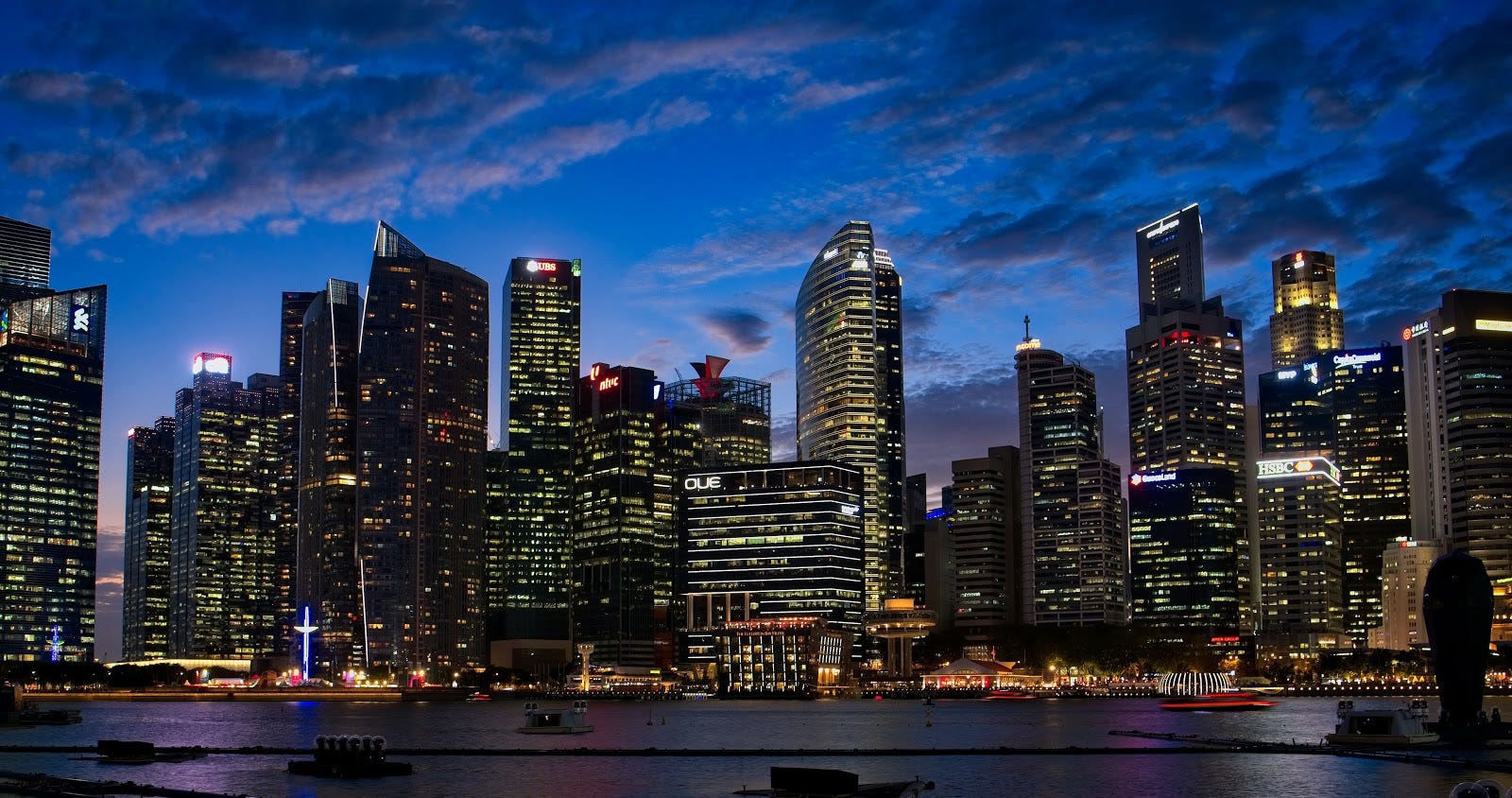
Having global tech companies in the scene itself helps develop the startup ecosystem as they typically collaborate with startups on long-term projects and run their own programs catering to startups.
Similar to how employees of FAANG companies in the US or BAT companies in China went on to start well-known startups, Singapore, with its diverse and global talent pool, could very well witness the same in the years to come. In fact, we are already beginning to see examples, like the ‘Lazada Mafia’, of how successful startup founders re-invest in the startup space following large exits. The government is also actively fast-tracking the development of the startup ecosystem through their own programs to directly fund early-stage startups.
China
China is clearly regarded as the emerging economic monolith, and has a growing reputation for being a hub for tech and innovation. Zhongguancun, located in the capital Beijing, was set up three decades ago with the objective of making it a tech and innovation hub. Today, Zhongguancun houses 9000 tech companies, including Baidu and JD.com. It’s the place to be to access top talent, given its proximity to prestigious universities and research institutions.
Most of the Chinese unicorns are backed by just a few major groups, including Tencent, Alibaba, Baidu and Xiaomi, as mapped out below. The challenge Chinese startups generally face, compared with startups around the world, is in expanding their user base outside of China. So Chinese companies are investing in Tesla, Flipkart and Spotify to buy international market shares in e-commerce, finance and tech.
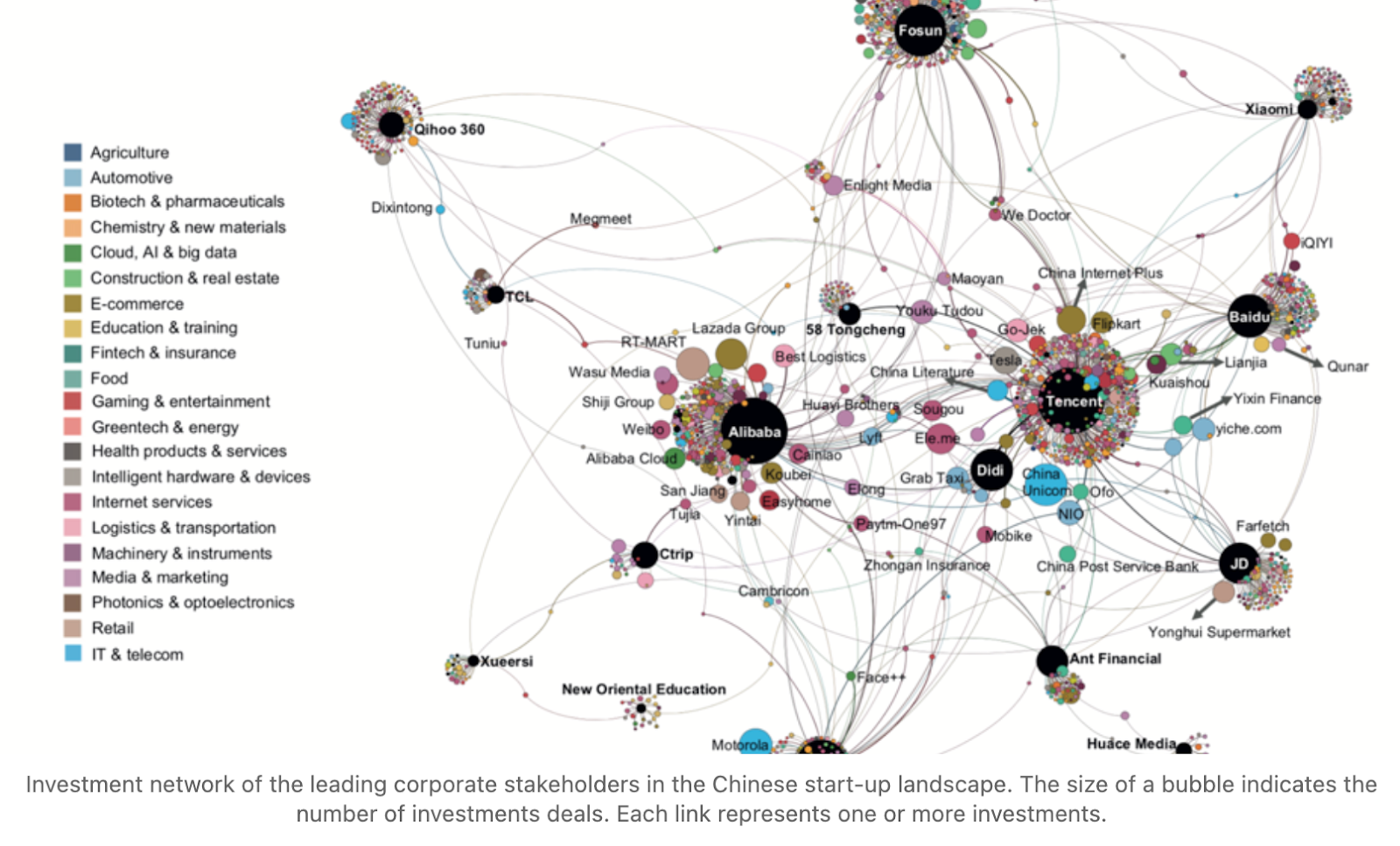
Source: Kairo’s Future
India
India has one of the largest startup ecosystems, and is home to 38 unicorns, according to Financial Express. Startups in India have raised over $63B, from 2016 to 2020, as reported by Indian Private Equity and Venture Capital Association. During the pandemic, the number of internet users in India crossed over 500 million, and by 2025, it is estimated that over 1 billion Indians will be connected online, as the digital infrastructure is further developed to make broadband even more low-cost and accessible.
Pioneer companies, including Google and Amazon, are rapidly investing to cement themselves in the various metropolitan cities, as it is a fertile ground to get their next 1 billion users. With the ever-expanding talent pool available, increasing ease of doing business, and a growing and diverse consumer base, India is certainly a hotbed for startups.
“By 2025, the number of startups in India is expected to cross 100K, creating more than 3.25 million jobs. Funding for Indian startups is likely to increase to over $150 billion, with total value creation exceeding $500 billion” — Inc42
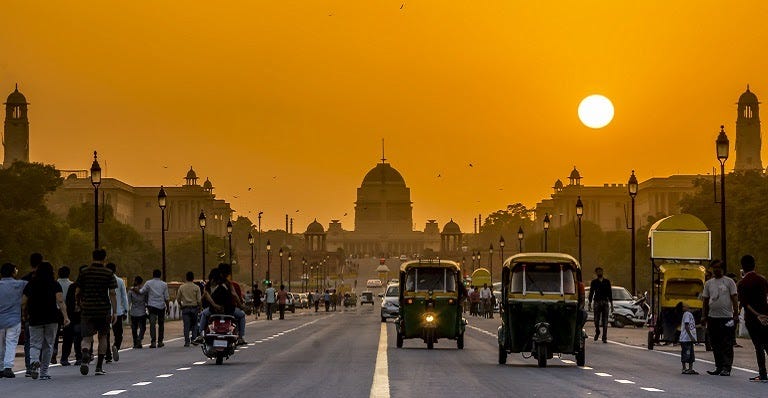
Indonesia
Indonesia has been getting more attention lately within the startup and investment community, certainly regionally, if not globally. It’s the 4th most populous country in the world, and more distinctly the largest economy in Southeast Asia. Similar to India, as the internet acts as the great equaliser, more of the rural communities are becoming part of the internet economy for the first time, giving them access to a whole suite of products and services.
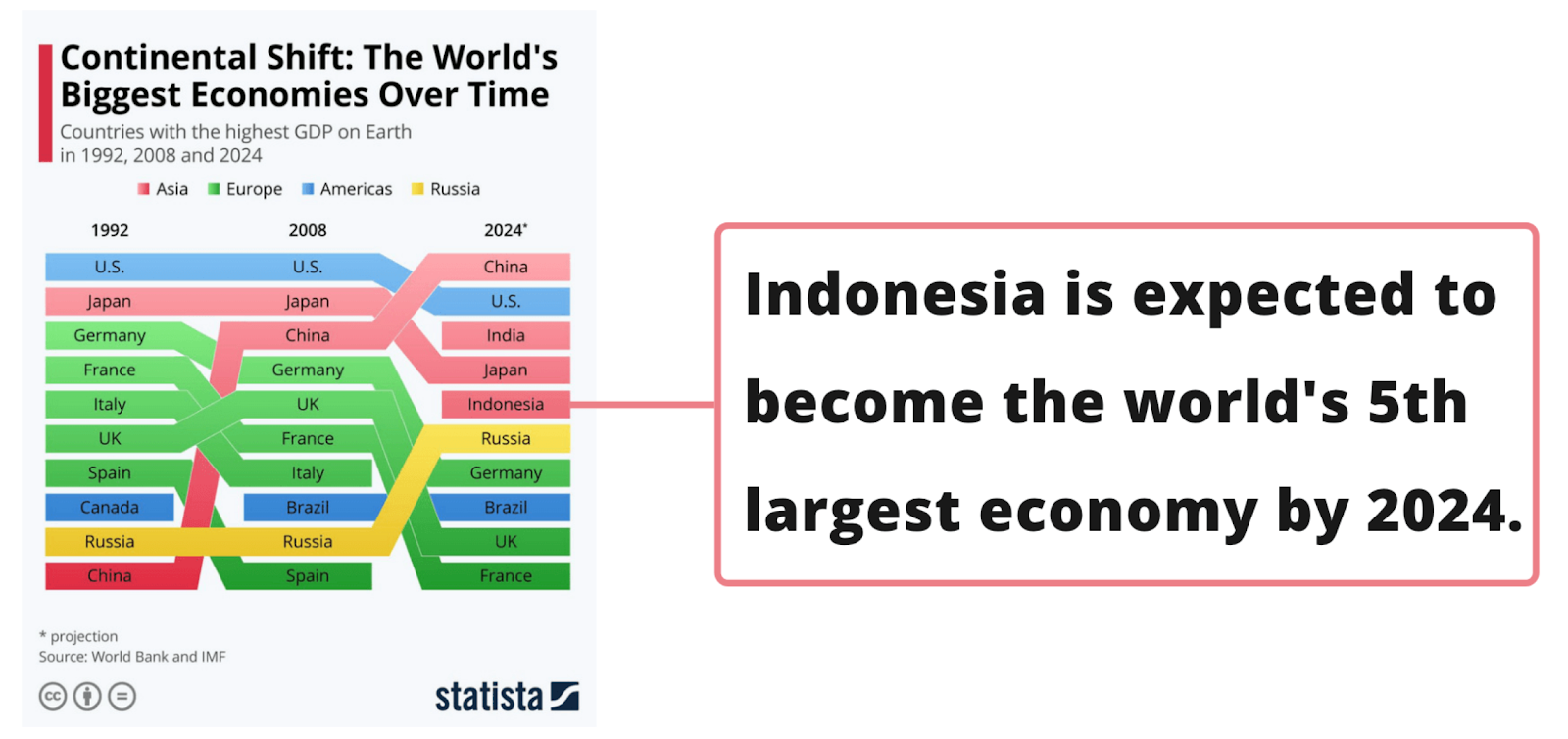
Source: Greenhouse
Gojek, Traveloka and Bupalapak are some of the well-known Indonesian unicorns that were birthed in it’s emerging startup ecosystem. Indonesia’s internet economy has been growing at an average growth rate of 49% since 2015, making it the largest and fastest-growing internet economy in Southeast Asia, estimated to be worth $130B by 2025. The key opportunities in this online economy include e-commerce, online travel, online media and ride hailing.
In 2020, Jakarta ranked #2 on Startup Genome’s study of “Emerging Ecosystems”. While startup funding totalled to $2B in the first half of 2020, local unicorns are ramping up their investments year after year to grab a greater market share as the online economy booms. Despite promising economic prospects, Indonesia is considered the world’s most complex jurisdiction in terms of doing business, according to the Global Business Complexity Index. Despite the nation’s business climate ranking comparatively low as of 2020, the Indonesian market should be at the core of every startup’s expansion plans.
The next wave of growth
By now, you should have a better macro perspective on why the next Silicon Valley could potentially be here in Asia. These are just a few of the regions to be paying attention to, while there are other emerging ones to have an eye on, including Japan, Vietnam, Philippines and Thailand.
As someone passionate about startups, it is easy to get carried away by hot success stories from the valley, and get diverted away from where the next phase of growth is. However, the reality is that Silicon Valley may very soon reach a saturation point, and entrepreneurs today need to focus their efforts to ride on the next wave of growth, which may well be in the Eastern part of the world.







